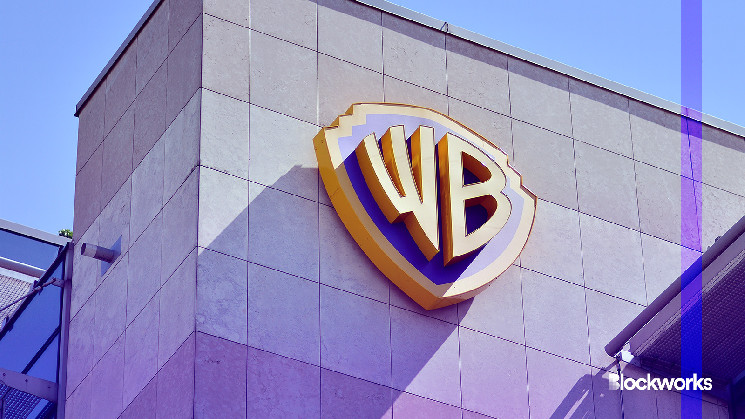
Ready Player One, the popular virtual-reality-novel-turned-Steven-Spielberg-film, appears to be headed for the metaverse.
Readyverse Studios is the brainchild of Futureverse, a metaverse-focused company, novelist Ernest Cline and film producer Dan Farah. As reported by Variety, the new studio struck a rights deal with Warner Bros. Discovery for the intellectual property behind Ready Player One.
For those who haven’t read the book or seen the flick, Ready Player One is set in a sort-of-kind-of future dystopia wherein much of humanity is plugged into a VR wonderland called OASIS. The story follows Wade Watts, who follows a series of clues hidden by the creator of OASIS as part of a worldwide contest.
The novel, which debuted in 2011, won several awards and was adapted by director Steven Spielberg in 2018.
According to Variety, the new RP1-inspired metaverse is expected to launch sometime this year, though a firm date hasn’t been made available.
“With Readyverse Studios, we have the opportunity to leverage the revolutionary technology Futureverse has been building for several years to bring to life the best possible version of the metaverse,” Cline told Variety in a statement.
Visa is toeing the waters of Web3
Visa is trialing a Web3 customer loyalty program. Brands can launch digital wallets that allow customers to accrue points and experiences.
“Imagine earning a unique digital collectible, whether it’s from purchasing tickets for a sports event or participating in an augmented reality treasure hunt,” Kathleen Pierce-Gilmore, Visa’s senior vice president and global head of issuing solutions, said in a statement.
One interesting stat:
OpenSea has fallen to become the fourth-most used NFT marketplace in weekly trading volume. It now trails Blur, OKX and Magic Eden, according to DappRadar.
Also of note:
Influencer Logan Paul is reportedly planning to refund people who bought into his never-launched NFT game, CryptoZoo.
According to Kotaku, Paul is putting up some $2.3 million as part of a process to buy back the NFTs purchased by those awaiting the game’s launch.
CryptoZoo was previously the subject of a multi-part YouTube investigation that alleged wrongdoing by some of those involved in the project. Paul himself claimed that the project was “derailed by bad actors” who stole funds.
“This buy-back is a way for me to make whole those who intended to play CryptoZoo. The buy-back is not intended to compensate those who gambled on the crypto market and lost,” Paul said this week.
